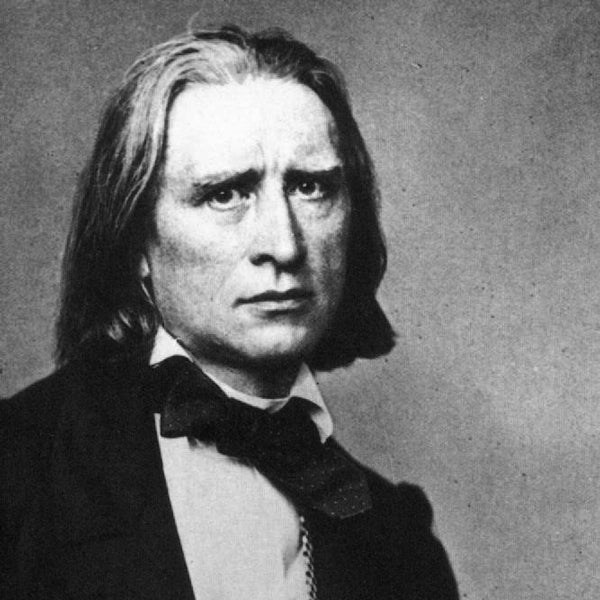
Franz Liszt
(b Raiding (Doborján), Oct 22, 1811; d Bayreuth, July 31, 1886). Hungarian composer, pianist, conductor, and writer. As a pianist in the first half of the century, Liszt dazzled audiences with his virtuosic displays that stretched the limits of pianistic technique. The dramatic dimension of his playing changed the nature of concert experiences whether he performed with an orchestra or in the solo recital he invented. As a conductor in Weimar beginning in 1848, Liszt consciously endeavored to propel the tradition of German music to its next stage. He scheduled music by New German School composers, in particular Berlioz and Wagner, and helped found the Allgemeiner Deutscher Musikverein, the first national music society in Germany, with Franz Brendel as president and Liszt providing artistic leadership. In his own compositions, from the 1830s on, Liszt acknowledged a poetic impulse, often manifest in a work’s title or epigraph. He made a distinctive contribution to 19th-century repertory by creating the genre of symphonic poem: a one-movement orchestral work whose title refers to a literary or artistic source or a philosophical idea. Liszt’s musical language revealed a finely tuned approach to chromatic harmony that was innovative in its time and influenced many composers of the next generations. Finally, after Liszt took minor orders in the Church in 1865, he contributed significantly to a rejuvenation of sacred music, both for liturgical and extra-liturgical use, including Masses, psalms, hymns, and oratorios, fulfilling a pledge he had made in an 1835 essay to compose new sacred music that could play a regenerative social role.
Source: https://doi.org/10.1093/gmo/9781561592630.article.48265
-
Liszt — Sonetto 104 del Petrarca: Dominik Wagner — PDF Sheet Music
Regular price From £7.49 GBPRegular priceUnit price / per£0.00 GBPSale price From £7.49 GBP -
Liszt — Consolation No.3: Gerda Kocsis — PDF Sheet Music
Regular price From £7.49 GBPRegular priceUnit price / per£0.00 GBPSale price From £7.49 GBP

